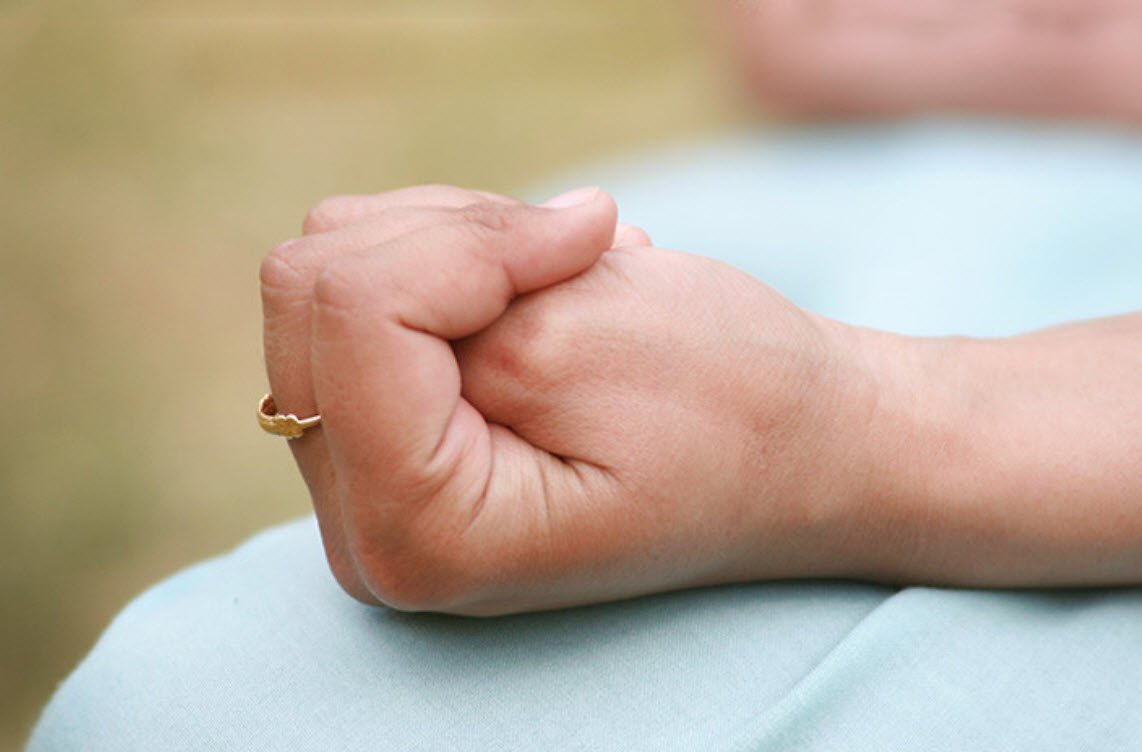
Anxiety is a normal reaction to stress and might seem as worry, fear, or uneasiness. In some circumstances, it can be a normal and healthy emotion, but if it persists or gets out of control, it can interfere with everyday life and have unfavourable effects.
Physical signs of anxiety may include perspiration, rapid breathing, and an elevated heart rate, as well as psychological signs like intrusive thoughts or avoidance tactics. Therapy, medication, or lifestyle modifications including regular exercise and stress-reduction methods are all possible treatments for anxiety.
These are the points to be how to recognize anxiety in yourself And Others
- Memory Issues
- Insomnia
- Rapid Heartbeat
- Headaches
- Trouble Breathing
- Constant Worrying
- Overthinking
- Avoidance
- Sweating
- Stomach Issues
- Panic Attacks
- Needing Reassurance
- Procrastination
- Trouble Concentrating
- Lack Of Patience
1) Memory Issues
Anxiety can contribute to memory issues such as forgetfulness, difficulty concentrating, and trouble recalling details. This is likely due to the physiological effects of anxiety on the brain, including increased cortisol levels and altered neural activity. Effective management of anxiety through therapy, medication, and self-care can help alleviate these memory issues.
2) Insomnia
Insomnia is a sleep disorder characterized by difficulty falling or staying asleep, or waking up too early and not being able to fall back asleep. Causes of insomnia can include anxiety, depression, medical conditions, and lifestyle factors such as caffeine or alcohol consumption. Treatment may involve improving sleep hygiene, therapy, and medication.
3) Rapid Heartbeat
Rapid heartbeat, also known as tachycardia, is a condition characterized by a heart rate exceeding the normal range of 60-100 beats per minute at rest. Causes can include anxiety, dehydration, medical conditions, and medication side effects. Treatment depends on the underlying cause and may include medication, lifestyle changes, or procedures to correct the heart rhythm.

4) Headaches
Headaches are a common condition characterized by pain or discomfort in the head or neck area. Causes can include tension, migraines, sinus pressure, or medical conditions. Treatment may involve over-the-counter pain relief medication, lifestyle changes, and managing the underlying cause. Chronic headaches may require more intensive treatment, such as prescription medication or therapy.
5) Trouble Breathing
Trouble breathing, also known as dyspnea, is a condition characterized by a sensation of shortness of breath, wheezing, or chest tightness. Causes can include anxiety, asthma, or heart or lung conditions.
6) Constant Worrying
Constant worrying, also known as generalized anxiety disorder, is a condition characterized by excessive, persistent worry about everyday events and activities. Treatment may involve therapy, medication, and stress management techniques.
7) Overthinking
Overthinking is a pattern of repetitive, obsessive thoughts that can lead to anxiety, stress, and difficulty making decisions. Treatment may involve therapy, meditation, and stress reduction techniques.
8) Avoidance
Avoidance is a behaviour characterized by intentionally avoiding or minimizing contact with situations, people, or places that are perceived as threatening or anxiety-provoking. It is a common symptom of anxiety disorders and can lead to further anxiety and social isolation.
9) Sweating
Sweating is a natural bodily response to heat, physical activity, or stress. Excessive sweating, also known as hyperhidrosis, can be caused by medical conditions or medication side effects, and can be treated with medication or other interventions.
10) Stomach Issues
Stomach issues, such as nausea, diarrhea, and abdominal pain, can be caused by a variety of factors, including stress, dietary habits, and medical conditions. Treatment may involve medication, dietary changes, or stress management techniques. Chronic stomach issues may require more extensive testing and intervention by a healthcare professional.

11) Panic Attacks
Panic attacks are sudden, intense episodes of fear or anxiety that can include symptoms such as rapid heartbeat, sweating, and shortness of breath. Treatment may involve therapy, medication, and stress management techniques.
12) Needing Reassurance
Needing reassurance is a common behaviour characterized by a persistent need for validation and support from others. It can be a symptom of anxiety and can be addressed through therapy and self-care.
13) Procrastination
Procrastination is the habit of delaying or postponing tasks, often leading to anxiety, stress, and decreased productivity. Treatment may involve therapy, self-reflection, and time management techniques.
14) Trouble Concentrating
Trouble concentrating, also known as brain fog, can be caused by a variety of factors, including stress, anxiety, and medical conditions. Treatment may involve medication, therapy, or lifestyle changes.
15) Lack Of Patience
Lack of patience is a common behaviour characterized by a low tolerance for delays or obstacles. It can be addressed through self-reflection, stress management techniques, and therapy.
Also Read:
- Nourishing Passion – Specific Foods to Promote Sexual Health
- The Power of Compound Exercises – 5 Essential Moves for Full-Body Strength
- 11 Powerful Poses to Help You Shed Pounds
- Cold Water vs. Hot Water – A Comparison of Health Benefits
- The 6-Day Total Body Workout Routine
- Essential Post-Workout Stretches for a Better Recovery
- Yoga Mudras and Their Positive Effects on Health
- 6 Quick Morning Workouts You Can Do at Home
- Breathing Exercises To Increase Oxygen Levels And Fight Stress
- 5 Yoga Poses For Better Bone Health
- Burn Unwanted Fat Without Losing Muscle: The Key Principles to Follow
- 6 Pillars of Brain Health: Nurturing Your Most Vital Organ
- Build a Strong Upper Body With Six Push Day Workout Exercises
- Top 7 Marvelous Health Benefits of Blueberries
- 10 Health Benefits of Beetroot
- 5 Yogas for Healthy Lungs: Strengthening Breath and Vitality
- Fueling Your Body with 6 Healthy Meals
- 18 of The Best Yoga Poses For Beginners
- Top 10 Health Benefits of Sunlight
- 10 Prenatal Yoga Poses & Their Benefits








